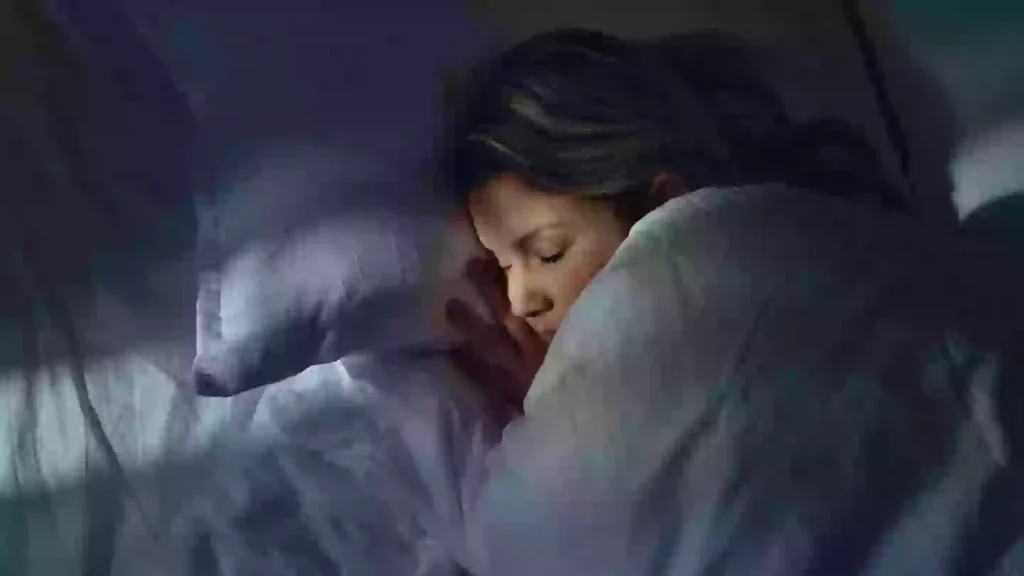You may argue you work better at night, but is it really worth the potential risk to your mental health?
A team of medical researchers at Stanford University discovered that there is a recommended time to turn off the lights and sleep before mental health is adversely affected.
Almost 75,000 middle-aged and elderly UK adults were included in a study that considered early sleep methods and subsequently affected intellectual wells.
The Study
A survey published last year was published in a psychiatric study – participants were preferred according to their preference or evening.Do they want to sleep late and wake up later, or do they want to go to bed early and wake up early?
“Of the 73,880 participants, 19.065 themselves were identified as morning type, 6,844 as evening type, and 47,979 as somewhere in the center,” reported Stanford Medicine.
This was considered in addition to the participants’ chronotypes, as well as “the body’s natural preference for awakening and sleep.” Adults were sent portable monitors to pursue sleep and activity over 7 days, and “sleep behavior” was divided into three categories – 25% as “early sleep”, 50% in the middle, and the latest 25 sleepers Car percentage.
This could mean that instead of using a specific time that is specified early or late, it differs across different groups. For example, if you’re a college student who isn’t 1am before going to bed, watch it late.
Sleep patterns were then displayed in addition to participants’ mental health records.

You may think you work better late at night, but is it worth the risk to your mental health? (Getty Stock Images)


